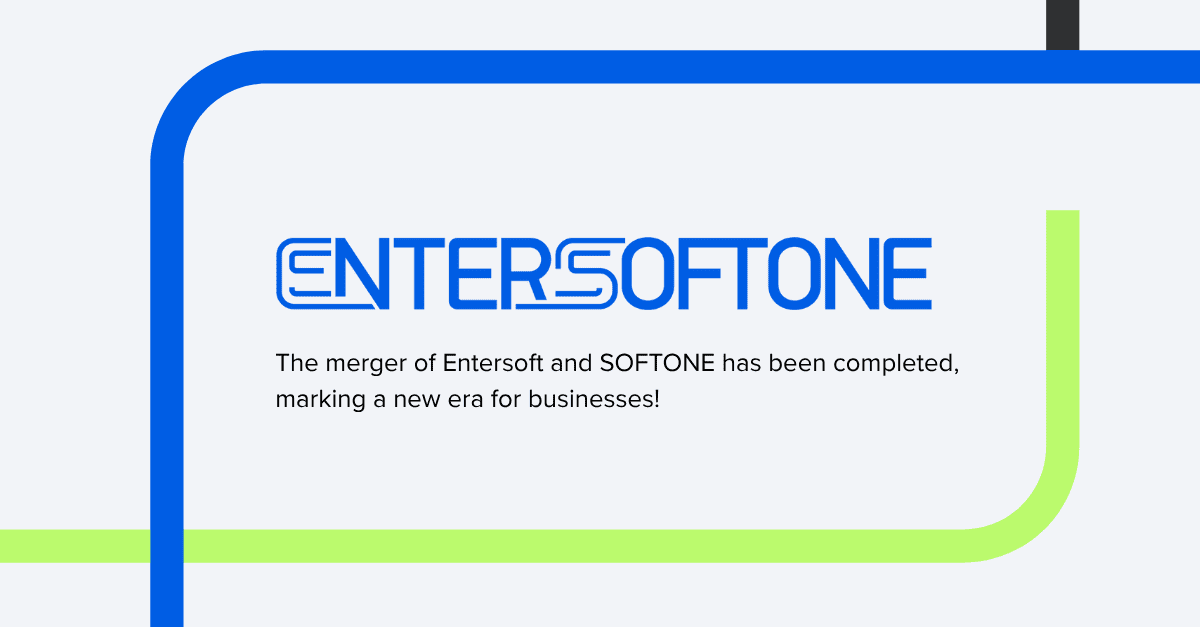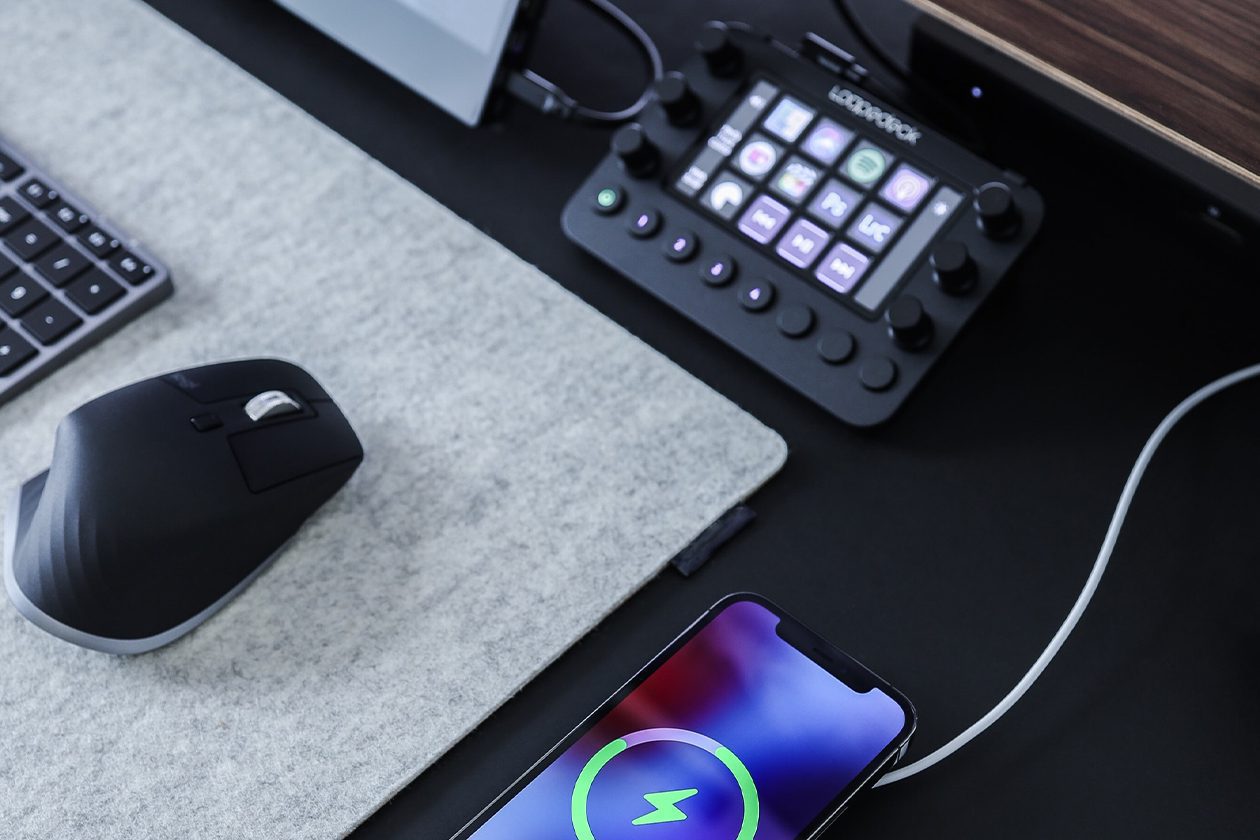Share
Read also

Trends & Views
Digital Transformation Strategies for Success

Business Software
CRM for Small Businesses and Seamless Integration

News & Events
ENTERSOFTONE: The merger of Entersoft and SOFTONE has been completed, creating the largest provider of business software products and services in Greece and Southeast Europe.

Mobility
Outlook for the BYOD and EM market from 2025 to 2035
The BYOD (Bring Your Own Device) policy that many organizations have been implementing over the past years, has successfully enhanced enterprise mobility and productivity, enabling today’s employees significantly benefit from a number of proven advantages.
Nevertheless, a series of studies and surveys have indicated that the business world is still largely “ignorant” when it comes to BYOD. Actually, in CompTIA’s latest survey, 53% of the participants indicated that they have not introduced BYOD into their daily operations at all. It is worth noting that this percentage was much lower in a similar study conducted by the same company in 2013, at which point it was only 34%. The explanation behind this is quite simple: businesses are often intimidated by the complex legal and financial requirements that BYOD entails. For example, how can a business estimate an executive’s fee for the work done over the phone? Or, how can it estimate the overtime compensation when these extra hours are exclusively related to work done over the phone? And of course, these are just two examples of the puzzle that businesses have to solve when deciding to implement a BYOD policy.
Nevertheless, if you try to document the pros and cons of implementing a BYOD policy, the real issue for not going through with such a decision is security policies, especially since most mobile devices include or provide access to exceptionally critical business information. Based on Gartner’s survey, one out of four business users admits that they have come across some safety issue while using their mobile device. Even more impressive is the fact that, according to Osterman Research, 15% of employees actually believe they have limited, or even no responsibility at all in regard to the protection of the corporate data stored in their mobile phone, tablet or notebook.
The new and more advanced version of BYOD, called Choose Your Own Device (CYOD), aspires to resolve these issues! CYOD seems to provide the right “mix” of traditional and new practices, thus satisfying all of the business users’ needs. How does it work? It enables employees to select from a wide range of pre-approved devices, featuring pre-installed applications and security software, admin, firewall and network settings. On their part, businesses must emphasize on combining IT security with flexibility. It would be useful for them to be able to offer a variety of devices and at the same time implement a supplementary strategy regarding the protection of business mobile devices. Emphasis should also be placed on the active protection methods, by implementing an approach that mitigates the device safety management risks.







